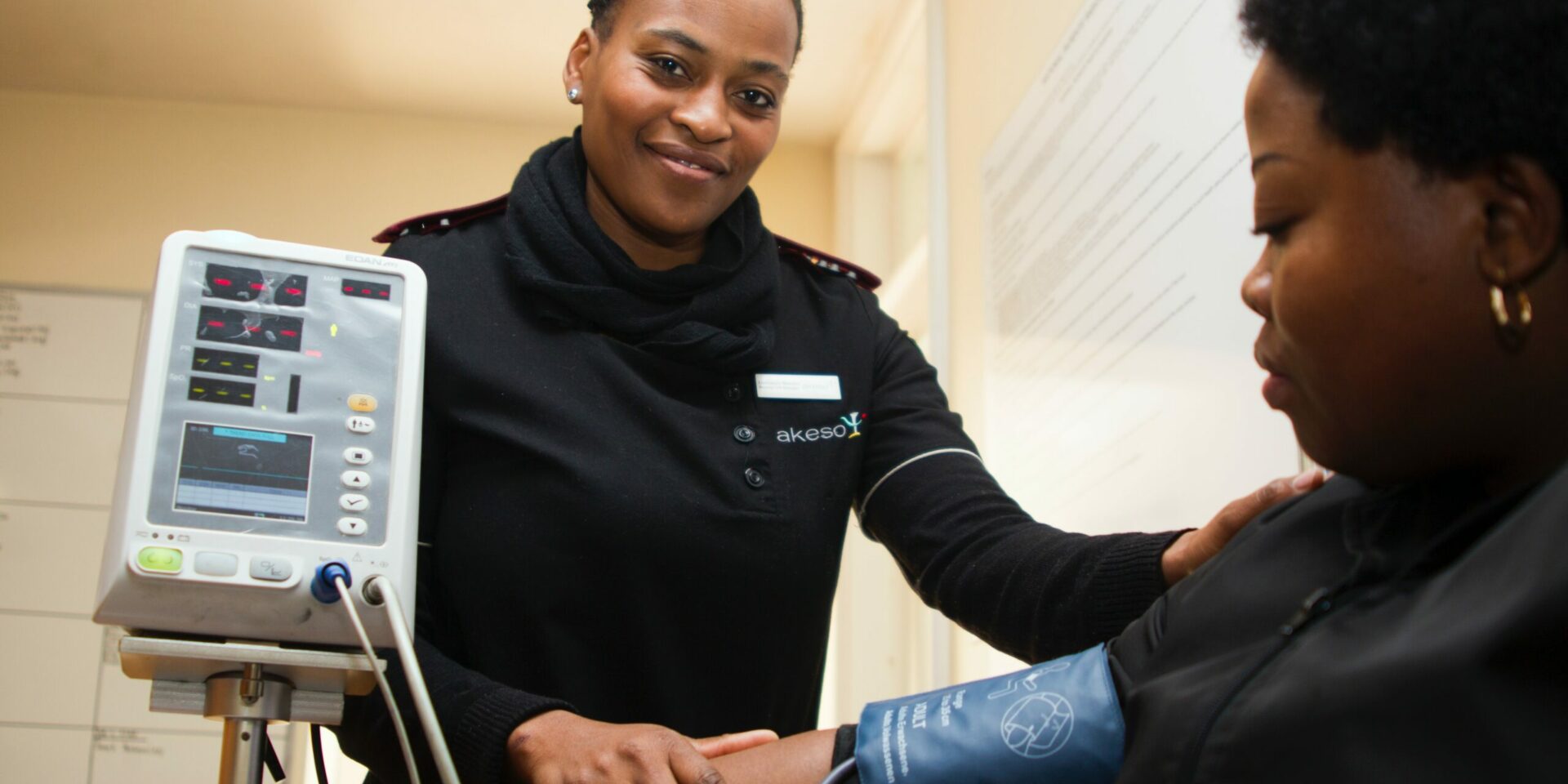What is gestational diabetes?
Gestational diabetes is a type of diabetes that is diagnosed during pregnancy. It happens when your body can’t make enough insulin, a hormone that lowers the level of glucose in the blood – which can cause health problems in mother and baby.
It’s important that a mother’s physical health is monitored throughout her pregnancy. In South Africa, it is recommended that a pregnant woman have 8 antenatal visits at a healthcare facility. At an antenatal visit, you will be tested for HIV and other STDs, as well as TB. Urine and blood tests are conducted, blood pressure is checked, and the mother’s weight is monitored.
Mothers can access additional information and support through MomConnect, a WhatsApp service run by the National Department of Health. The Side-By-Side campaign on Facebook also offers direct support to expecting and new mothers. Mothers can also check if there are any local antenatal groups in their area. The Flourish project of Grow Great has a network of local antenatal and postnatal support groups.
Here are some things to remember:
- Get tested for diabetes to ensure you have a healthy pregnancy and a healthy baby, usually at around 24 weeks.
- Keep making healthy lifestyle choices during pregnancy such as following a healthy diet and getting moderate exercise (always remember to check with your doctor before you establish a new workout regime), and try to get as much quality sleep as you can during your pregnancy.
- In most cases, gestational diabetes does disappear when your pregnancy is over, although you will need routine screening and you need to bear in mind that you are at a higher risk of developing diabetes during your next pregnancy.
- It could happen to anyone and there is no need to feel ashamed if you are diagnosed with gestational diabetes. Although being overweight increases a pregnant woman’s risk of developing gestational diabetes, you can develop gestational diabetes and be an otherwise healthy and physically active person. This is why a blood test is used to screen expectant moms, rather than just simply basing a diagnosis on a person’s weight and level of fitness.



